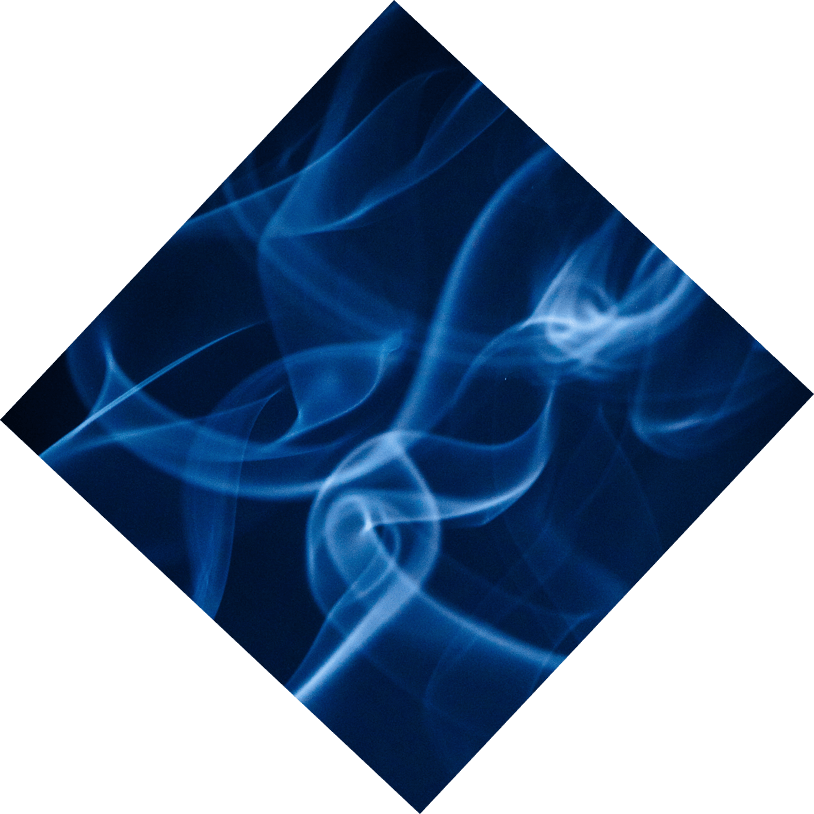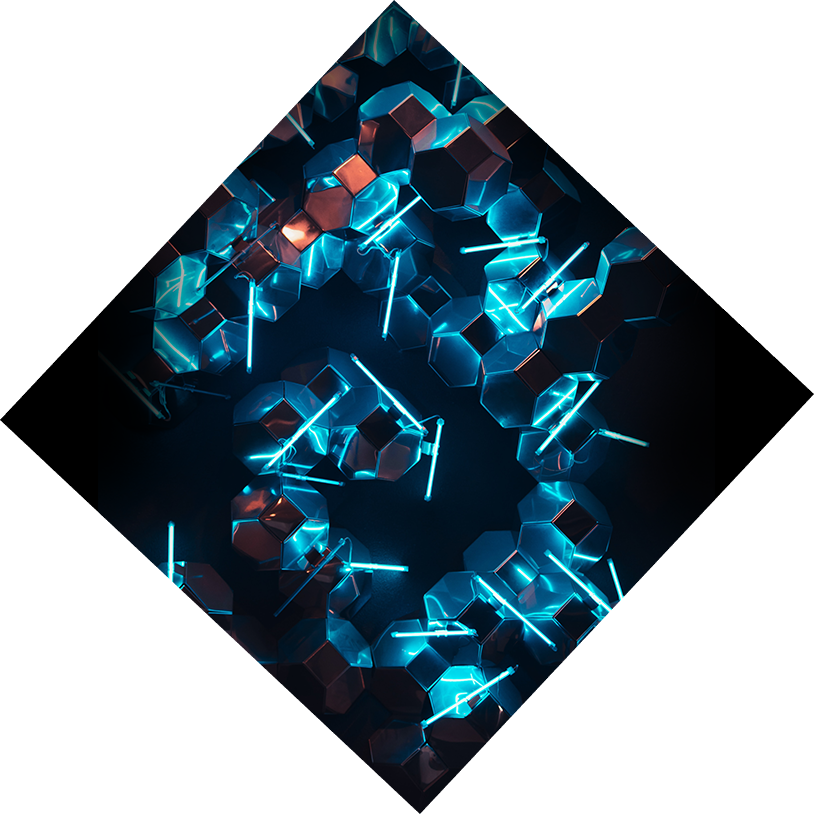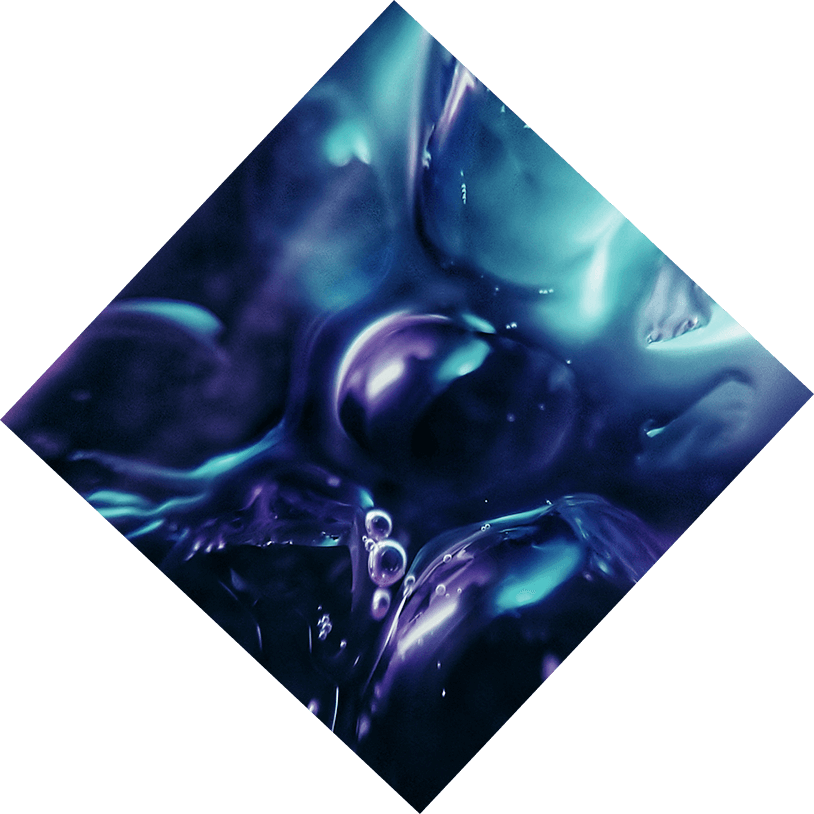10022, United States
ICD Brookfield, Suite 3104, DIFC
Dubai, United Arab of Emirates
Al Khobar 319522
Kingdom of Saudi Arabia
B2, Third Floor, Business Park
Mivida Compound, New Cairo, Egypt
1 HarbourFront Ave, #06-08 Keppel Bay Tower,
Singapore 098632

Sustainability
Sustainability is at the core of Forbes International Tower, with the highest standards and best practices of design principles and features set to gain Platinum LEED certification

Road to Net Zero Carbon
In efforts to minimize its carbon footprint, Forbes International Tower is designed to produce renewable energy and reduce operational emissions.
The project will also be incorporating biophilic spaces and a PV panel system. The building's structural frame accounts for approximately 60-70% of the total volume of materials used on the project, resulting in an opportunity to "green" it through our selection of low-carbon products.
With the goal to create a sleek, efficient structure resulting in major volume reductions in material – further driving down the embodied carbon.

Renewable Energy
Reducing energy consumption is one of the main goals of Forbes International Tower. Working hand-in-hand with efforts to produce renewable energy
The tower will utilize natural ventilation techniques to help control the tower's temperature, all the while reducing energy consumption.

Water Consumption
Water is currently one of the most sacred and precious resources.
By investing in specialized technologies to reduce water and save water consumption, Forbes International Tower will consist of water tanks that can harvest rainfall for non-potable uses. Moreover, efficient sanitary fixtures and fittings will reduce freshwater demand without compromising quality.
Air-cooled chillers have been selected over conventional water-cooled alternates as a water conservation measure.

Technology and AI
Artificial intelligence is taking the future of real estate by storm.
By creating truly intelligent buildings that can adapt, Forbes International Tower is moving towards technological advancement.
With the use of technology such as the Internet-of-things sensors & machine learning, smart buildings are able to provide the ultimate advancements.
We strive to integrate disruptive technology such as autonomous cars and drone deliveries, making Forbes International Tower a first of its kind in Egypt.



